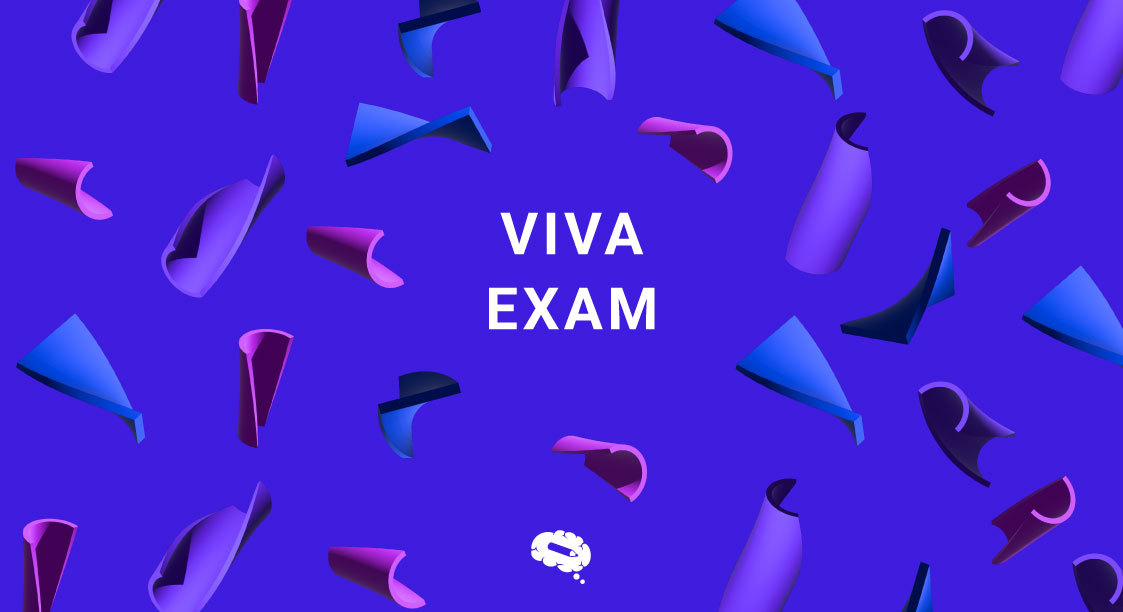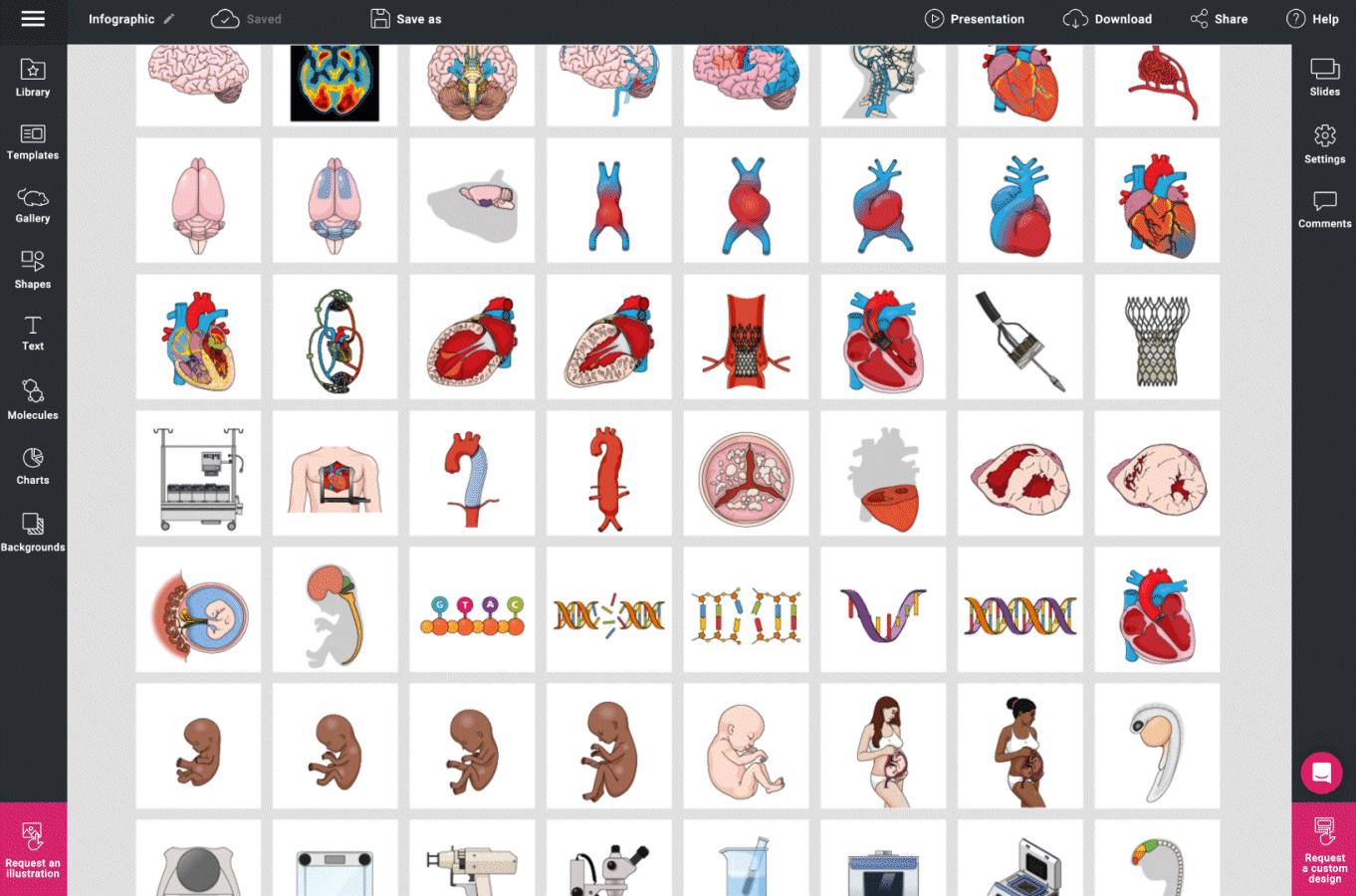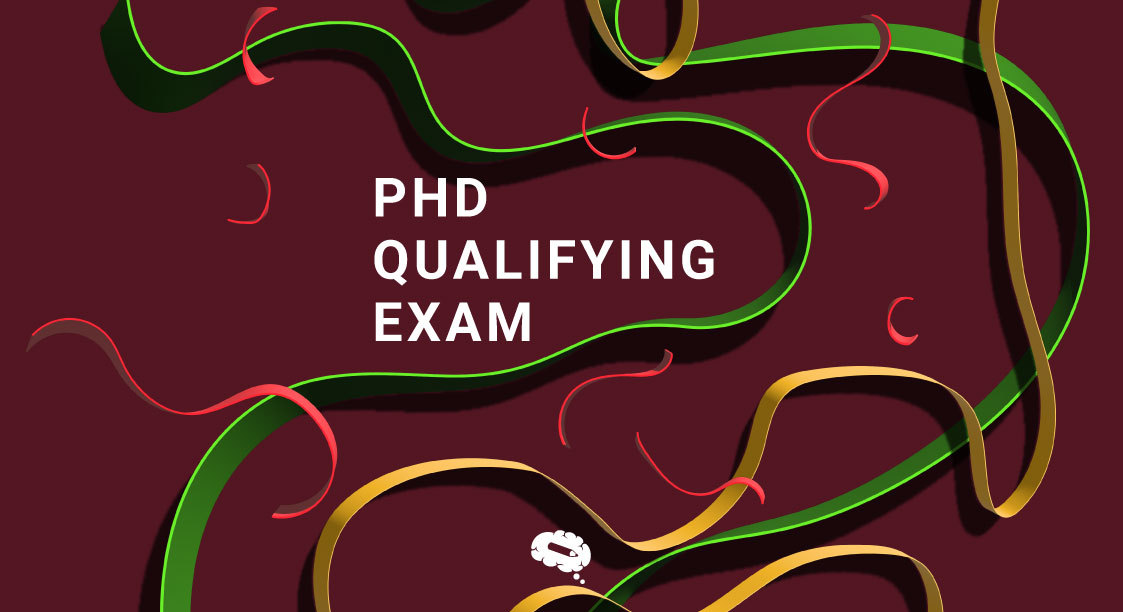The viva voce (Latin phrase literally meaning “with living voice” but most often translated as “by word of mouth”) examination, commonly known as the viva exam, is an important step for researchers who are pursuing advanced degrees in academia. This oral defense allows candidates to present and defend their research findings before a panel of experts in their field. While the viva exam can be a source of anxiety for many, proper preparation and a strategic approach can significantly enhance one’s chances of success. In this article, we will provide a comprehensive guide to the viva exam process, offering valuable tips, and preparation techniques, and helping researchers navigate this critical assessment with confidence and achieve a successful outcome.
What Is A Viva Exam (Viva Voce)?
The viva exam, also known as the viva voce examination or oral defense, is an integral part of the assessment process for researchers pursuing higher degrees, such as a Ph.D. or a doctoral degree. It is a formal and rigorous examination conducted by a panel of experts in the candidate’s field of study. The purpose of the viva exam is to assess the candidate’s understanding of their research, evaluate the quality and originality of their work, and determine their ability to defend their research findings orally. During the viva exam, candidates are expected to present their research, respond to questions and critiques from the examiners, and demonstrate their expertise in the subject matter. The viva exam plays a vital role in validating the candidate’s research and determining whether they have met the required standards to obtain their degree.
Objectives Of The Oral Defense (Viva Exam)
The objectives of the oral defense, or viva exam, are multifaceted and serve several purposes in evaluating a doctoral candidate’s research and thesis. The primary objectives include:
Assessing Research Competence: The viva aims to evaluate the candidate’s research competence by examining their understanding of the subject matter, research methodology, data collection and analysis, and the overall quality of their research.
Validating Research Findings: The examiners scrutinize the candidate’s research findings, conclusions, and interpretations to determine their validity, reliability, and contribution to the field. The objective is to ensure that the candidate’s research is rigorous, supported by evidence, and adds value to existing knowledge.
Evaluating Critical Thinking Skills: The viva assesses candidates’ ability to think critically and analytically about their research topic. They are expected to demonstrate their knowledge of relevant literature, identify the strengths and limitations of their research, and address any gaps or challenges in their work.
Demonstrating Communication Skills: The viva provides an opportunity for the candidate to showcase their communication skills, both in presenting their research and responding to questions. The objective is to assess their ability to effectively articulate complex ideas, engage in scholarly discussions, and defend their research decisions.
Ensuring Independence and Originality: The examiners aim to ascertain that the candidate’s research is independent and original, demonstrating their ability to contribute to the advancement of knowledge in their field. They evaluate whether the research demonstrates intellectual creativity, innovation, and a comprehensive understanding of the research area.
Providing Constructive Feedback: The viva offers a platform for the examiners to provide constructive feedback to the candidate. This feedback may include suggestions for further research, areas for improvement, or recommendations for clarifications or revisions to the thesis.
Determining the Outcome: Ultimately, the objective of the viva is to decide the candidate’s performance. The outcome can range from a pass with no corrections to a pass with minor or major corrections, resubmission, or even failure. The decision is based on the overall quality of the research, the candidate’s ability to defend their work, and their response to the examiners’ questions and feedback.
How To Prepare For The Interview
Preparing for a viva exam, or oral defense, requires careful planning and thorough preparation to ensure the candidate is confident and well-equipped to present and defend the research. Here are some key steps to prepare effectively for the interview:
Know The Research Inside Out
Revisit the thesis and research materials to have a deep understanding of the work. Review key theories, methodologies, data, and findings. Identify potential weaknesses or limitations and be prepared to address them.
Anticipate Questions
Consider the possible questions that examiners may ask based on research. Reflect on the significance of findings, methodology choices, theoretical frameworks, and any contentious aspects. Prepare concise and confident answers to potential questions
Also read: How to Approach Thesis Defense Questions
Seek Feedback From Supervisors And Peers
Share the thesis with supervisors and colleagues to get their feedback. Discuss possible questions and arguments they may raise to help refine responses. Consider arranging mock viva sessions to simulate the actual experience.
Practice To Presentation
Prepare a clear and concise presentation that highlights the key aspects of research. Practice delivering it multiple times to improve presentation skills, timing, and clarity. Seek feedback from peers or mentors to refine delivery. Sign up to Mind the Graph for free to start your presentation design.
Stay Updated With Relevant Literature
Be familiar with recent developments in the research area. Stay up-to-date with relevant literature, debates, and emerging trends. This will demonstrate commitment to ongoing learning and engagement in the specific field.
Attend Other Vivas
Attend other viva exams if possible to observe the process and gain insights. This can help you become familiar with the format, style, and expectations of the viva exam.
Review University Guidelines And Regulations
Become familiar with the university’s guidelines and regulations regarding the viva exam. Understand the criteria for assessment, the duration of the viva, and any specific requirements.
Effective Presentation
Effective presentation skills have a great role in the viva exam. The way you communicate and deliver your ideas can greatly influence how your research is perceived by the examiners. It is essential to focus on honing presentation skills to make a positive impact. Here are some key considerations to keep in mind:
Clear and Concise Communication: The ability to convey the research findings and ideas clearly and concisely is vital. Avoid excessive technical jargon and complex language that may hinder understanding. Strive for simplicity while maintaining the necessary level of depth and accuracy.
Structuring Presentation: Organize the presentation systematically and cohesively. Begin with an introduction that sets the context and provides an overview of the research. Follow this with a clear outline of the main points you will be discussing. Use headings and subheadings to create a well-structured flow that guides the examiners through the presentation.
Also read: The Power Of Storytelling In Presentations
Engaging Delivery: Engage the examiners through a confident and enthusiastic delivery. Maintain eye contact, use appropriate gestures, and vary voice tone to emphasize key points. Incorporate visual aids such as slides, diagrams, or charts to enhance understanding and reinforce important concepts. Be mindful of body language, projecting a positive and approachable demeanor.
Responding to Questions: During the presentation, expect questions from the examiners. Listen carefully and provide clear and concise answers. If you don’t know the answer to a specific question, be honest and offer a thoughtful response or suggest possible avenues for further exploration.
Time Management: Respect the allocated time for the presentation and ensure that you cover all essential aspects of the research. Practice timing the presentation beforehand to ensure a smooth and well-paced delivery. Be mindful of not rushing through important points or exceeding the given time limit.
The Outcome Of The Viva
The outcome of a viva can vary depending on the assessment criteria and the specific regulations of the academic institution. Generally, there are three possible outcomes:
Award
With no correction:
In the viva examination process, the outcome “Award with no corrections” signifies a successful defense of the thesis. This outcome implies that the candidate has presented their research effectively and satisfactorily addressed any questions or concerns raised by the examiners during the oral examination. The thesis is deemed to meet the required standards and contributes significantly to the field of study, warranting the award of the doctoral degree without the need for any revisions or amendments. It is a highly positive outcome that reflects the candidate’s expertise and mastery of the subject matter, as well as their ability to communicate their research effectively. This outcome recognizes the candidate’s hard work, diligence, and contributions to their field of study.
With minor corrections:
In the viva examination process, the outcome “Award with minor corrections” indicates that the candidate has successfully defended their thesis, but some revisions or amendments are required before final approval can be granted. The internal examiner, who assesses the thesis and the viva performance, has identified specific areas that need to be addressed or clarified in the thesis. These corrections are considered minor and can typically be addressed within a reasonable timeframe, often with the assistance of the candidate’s supervisor. The candidate is expected to carefully review the examiner’s feedback, make the necessary revisions to the thesis, and ensure that the corrections meet the satisfaction of the internal examiner. Once the revisions are completed and approved, the thesis will be considered for the final awarding of the doctoral degree. The “Award with minor corrections” outcome recognizes the candidate’s overall accomplishment in their research and indicates that they are on the path to successfully fulfilling the requirements for the degree.
Refer
This category provides three possibilities for candidates whose theses require revisions before final approval can be granted.
The first option allows the candidate to submit a revised thesis without the need for additional research or another oral examination. This means that the revisions required are primarily focused on improving the existing content and addressing any deficiencies or shortcomings identified during the viva. The candidate is expected to carefully address the examiner’s feedback and make the necessary revisions to enhance the quality and clarity of the thesis.
The second option permits the candidate to submit a revised thesis without undertaking further research. However, in this case, a further oral examination will be conducted to assess the revisions made. The additional oral examination serves as an opportunity for the candidate to present and discuss the changes implemented in response to the examiner’s feedback. The examiners will assess the revised thesis and evaluate the candidate’s understanding of the modifications made.
The third option involves the submission of a revised thesis that necessitates further research to supplement the existing work. In this case, the candidate is required to conduct additional research and incorporate the findings into the revised thesis. A subsequent oral examination will be conducted to assess both the revisions made and the new research conducted. The candidate will be expected to demonstrate a comprehensive understanding of the additional research undertaken and effectively communicate how it contributes to the overall thesis.
Reject
This category in the viva examination process encompasses three distinct outcomes indicating that the thesis does not meet the requirements for the Ph.D. degree.
The first outcome in this category is when the thesis is deemed insufficient for the Ph.D. degree but still demonstrates a satisfactory level of achievement to warrant the award of a master’s degree. This recognizes the candidate’s efforts and acknowledges that the work conducted reaches the standard expected for a master’s level qualification.
The second outcome advises the candidate to revise and resubmit the thesis specifically for the master’s degree examination. This suggests that while the thesis may have significant deficiencies or areas that require improvement, there is potential for the candidate to address these issues and meet the requirements for a master’s degree. The candidate is expected to carefully consider the examiner’s feedback, make the necessary revisions, and resubmit the thesis for re-evaluation.
The third outcome is when re-submission of the thesis is not permitted. This indicates that the thesis, in its current form, falls short of the standards expected for both a Ph.D. and a master’s degree. The deficiencies or shortcomings identified are deemed fundamental, making it infeasible for the candidate to revise and resubmit the thesis for further evaluation.
Add Visual Impact To Your Posters With Scientific Illustrations And Graphics
Mind The Graph platform offers valuable assistance to scientists by enabling them to enhance the visual impact of their posters through the use of scientific illustrations and graphics. With its wide range of pre-designed templates and customizable elements, scientists can create visually appealing and engaging posters that effectively communicate their research findings. Mind the Graph provides a diverse collection of scientifically accurate illustrations, charts, diagrams, and icons that can be easily incorporated into the poster design.

Subscribe to our newsletter
Exclusive high quality content about effective visual
communication in science.





